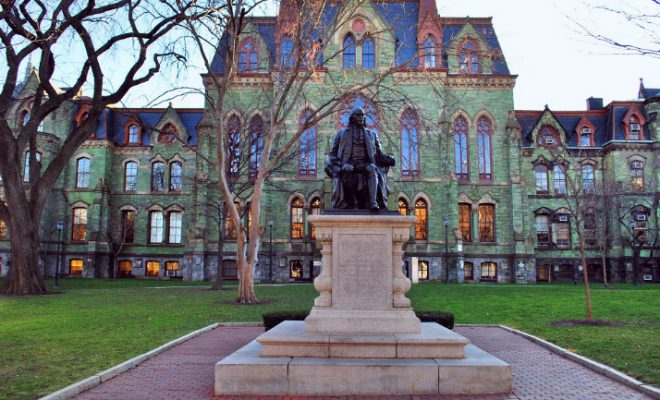4 Expert Tips to Help Low-Income Students Enjoy Unparalleled Success

Students from low-income homes begin their education at a disadvantage. They often don’t have the means for even the most basic resources needed for success in their educational pursuits. Then when it comes to the non-tangibles, they often do not have the same academic support as middle- or high-income peers and know less when they arrive in kindergarten. When parents are unable to provide for their children, that responsibility then falls on the schools and the community.
Here are some ways to make sure that students from low-income households succeed in K-12 classrooms.
1. Meet the children’s basic physiological needs. According to Maslow’s hierarchy of needs, students need to have physiological needs met before they are able to learn. If a child is hungry, he or she will focus on that fact and not on the schoolwork. Federal law allows schools to provide breakfast and lunch for students whose families meet federal poverty guidelines. The law was created in an effort to meet the biological needs of each student if the parent was unable or unwilling to provide the necessary provision. If children have all of their physical needs met, they will be more likely to succeed in school.
2. Consider the children’s safety. Students will not be able to focus unless they feel safe in both the home and the school. When teachers become certified to teach, they become mandated reporters of child abuse. This means that a teacher who suspects abuse in the home of a student is compelled by law to report this information, using protocols established by the school and/or the district.
The main job of schools is to deliver effective instruction for student learning. This can include providing some or all of their students’ physical and biological needs. Schools should be concerned about the welfare and safety of the children they serve. The school’s purpose in the community is to ensure that students have the support and resources they need to be successful.
It is important to realize that the schools are not required to provide said support. Schools not operating as full-service organizations should advocate for their students whenever necessary. Ruby K. Payne discusses support systems in her book A Framework for Understanding Poverty. Payne posits that students from poverty need support systems to succeed. She believes that students with the right resources and support systems can succeed even if they are living in poverty.
3. Develop a special relationship with students. Teachers are among the few people who understand children’s hopes, aspirations, and impediments; however, only a small percentage of teachers take advantage of this fact.
With all the problems and the issues that our children face, we can’t afford to miss opportunities to connect with them. A strong student-teacher relationship will in turn help the teachers better educate their students. One of the keys to the teacher-student relationship is the creation of mutual trust and respect. Once students understand that their teacher trusts and respects them, they will do everything in their power to live up to the teacher’s expectations.
4. Help a student meet his or her higher-order needs. James P. Comer, a child psychiatrist who studied students from low income neighborhoods In New Haven, Connecticut, developed the Comer Process which focuses on child development in urban schools. The Comer process is based on six interconnected pathways which lead to healthy child development and academic achievement. The pathways are physical, cognitive, psychological, language, social, and ethical.
Comer believed that the pathways should be considered a road map to a child’s successful development into adulthood. If a child’s needs are not met in one of the pathways, there will be likely difficulties in the child’s ability to achieve. Comer explained that a child could be smart, but unable to be socially successful. He wanted teachers to be aware that they should not teach for the sake of teaching, but rather to help the child learn how to negotiate life both inside and outside of the classroom.
Comer proposed that children need a primary social network—one that includes parents, and people from the child’s school and community. Children who have this level of support will likely be more successful in school.
Comer’s notion of developmental pathways is now practiced in many schools across America. Part of the reason for its popularity is because the theory acknowledges our changing world. The future adults of this society will need to be socially accepted while also being “book smart/tech savvy” and multi-taskers.
Educators today should understand that when they become teachers, their duty is to advocate for not only the children in their class, but also the students in the entire school. Advocacy is an essential part of a teacher’s profession. When teachers advocate for a student, their action conveys to children a message that the teacher cares about their well-being and creates a positive bond between teacher and student.






